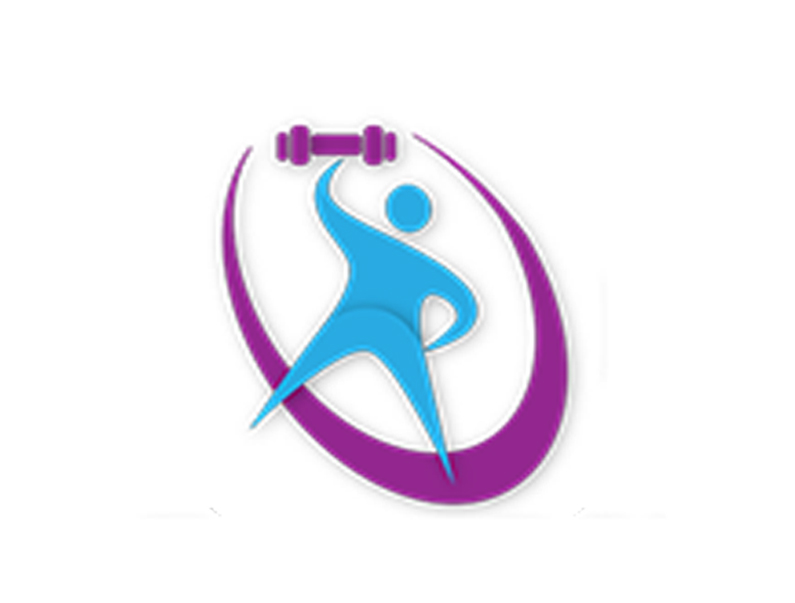BLOG 287 JUICING
Juicing has become a popular craze among fitness and nutrition fanatics. Having a juicer at home is just about as common as having a toaster these days. The power of fruits and vegetables does wonders for our internal health and it is unlikely to consume the recommended daily totals (17 each). The reasons one might start to juice include weight loss, lowering blood pressure, or detoxing. It is no healthier than eating the same content, but a popular trend is a trend and jumping on board happens to the best of us.
Personally, I like the texture and chewing action of eating. I feel satiated longer and feel that I’m getting more bang for my buck. Liquid doesn’t fill me up, at least not for long. So if I were to eat an apple vs. drink an apple you can see my point…. 5 min to chew an apple vs. 2 seconds to drink that sip of apple. And I do have to say from my research for this, there aren’t many claims other than being able to consume more fruits and vegetables per day that justify the benefits of juicing. So why so popular??
Adding to this, I watched a documentary called, “7 Days 2 Guys 1 Juicer”. In this film, Chad and Kenny were two obese middle-aged men, who for 7 days were put in a hotel to complete a 7 day juicing cycle. When they arrived the refrigerator was stocked with nothing but fresh produce. Not one item was in the freezer. From the gate, the men noticed how much work juicing really was with prepping the produce and then cleaning up after. This was quite the lifestyle change for them both, coming from backgrounds of fast food, no activity, and very little motivation to be healthy and make changes. Taken out of their environments, the men were forced to follow the plan precisely. They underwent withdrawal, headaches, and hunger pains.
According to the documentary, juicing dates back to the ancient Greeks who used pomegranate juice as a love potion. In the U.S., juicing was introduced in the 1920s when there was a new popularity to be vegetarian or vegan. In the 1970s, Jack Lalanne sold his famous juicer. Today, people in their 20s and 30s have created a $5billion business out of juicing. There’s a status associated with high end juice bars connected to yoga studios.
In the end, Chad and Kenny lost about 9 pounds each. I really anticipated a higher weight loss considering their past, which goes to show that juicing isn’t entirely weight loss oriented and the weight can be gained right back after stopping. Here’s the concept: “Doing the math, on average, an ounce of ‘mixed juice’ contains about 15 calories. If you need 1,400-1,500 calories daily to achieve weekly weight loss, you could drink a whopping 96 ounces of this juice (about 12 cups) each day and still stay in that calorie range, which should result in weight loss. On this sample juicing diet, you would, however, only be getting 9 grams of fiber (36% of your need) and 25 grams of protein (41% of your need) each day, which is far from ideal. This unbalanced nutrient intake would result in immediate muscle mass loss and an increase in hunger and food cravings. Other nutrients such as fat, vitamins and minerals would also be severely lacking. Successful and safe long-term weight loss would not be achievable on such a plan” (http://www.sparkpeople.com/resource/nutrition_articles.asp?id=1800).
Obesity causes over 25 diseases, so we do want to make sure proper nutrition is in place, but the type that is sustainable. In a world that praises fat-free and all natural that comes out of a box, something isn’t right with our food. Fresh is always best. Have a juice here and there to compliment your eating. It can be a nice, cold, refreshing, sweet beverage. Take your fitness journey tips, use them to your advantage, and make those changes the best you can, each and every day!!!!!
